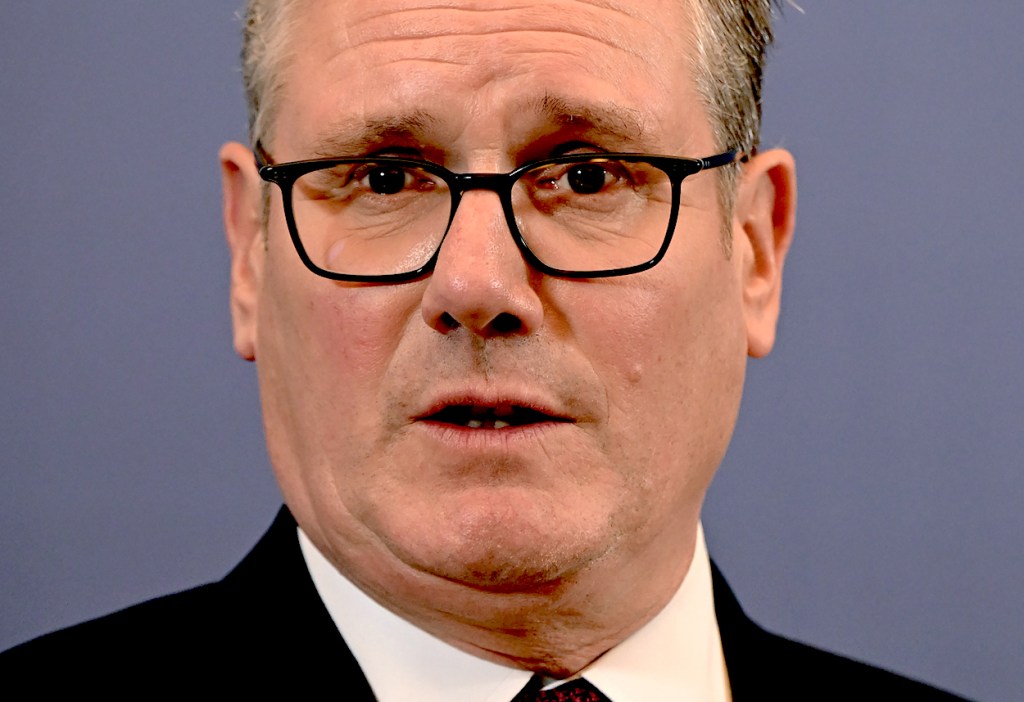Oh, the horrid injustice of it all! By the skin of their teeth, pensioners on the state pension and with no other income, are going to avoid paying income tax next year. With September’s inflation figures now in, it can be confirmed that, thanks to the Triple Lock, the state pension will be rising to £12,547 next April, bringing it perilously close to the personal tax allowance of £12,570. You can write down in your diary now the day next year when the state pension certainly will tip over into taxable territory. There will be howls of outrage from opposition parties and pressure groups representing pensioners during this week. Prepare yourself for images of frozen old people rubbing their hands together over a one-bar electric fire – if not a single candle.
Pensioners have done fantastically well out of the Triple Lock ratchet
Those images will ignore the fact that pensioners – even those just on the state pension – have never had it so good. There are two reasons why the state pension is destined to become taxable. Firstly, the personal tax allowance has been frozen since 2021-22. (Although the allowance remains substantially higher than it was in 2009, before George Osborne began raising it substantially.)
The bigger reason why the state pension is about to become taxable is the Triple Lock which since 2011 has raised the state pension in line with average earnings, the Consumer Prices Index (or the Retail Prices Index in the first year of the Triple Lock) or 2.5 per cent, whichever is higher. Pensioners have done fantastically well out of this ratchet. By 2023-24 the state pension was 10.6 per cent higher than it would have been had it risen consistently with average earnings and 10.9 per cent higher than it would have been had it risen every year by CPI. With the cost of the state pension running at £146 billion in 2024-25 it means that the Triple Lock is in effect already costing taxpayers around £15 billion a year – and this can only go upwards.
Eventually, if the Triple Lock is allowed to carry on ad infinitum, we will reach a situation where pensioners are enjoying a higher income in retirement than they were when they were in work. That is the state which Greece was in when it sunk into a sovereign debt crisis in 2011. It is unsustainable, especially when the retired population is growing faster than the working population.
The Triple Lock would eventually break the public finances: that much should be obvious. Yet no party is brave enough to say they would do away with it. The Conservatives in their 2017 manifesto proposed to keep it going only until 2020, and then replace it with a double lock of earnings or CPI, whichever is higher. The earnings-element was suspended in 2022-23 when pensioners would have had a massive payday thanks to the recovery of earnings after the pandemic (when earnings fell but pensioners enjoyed a 2.5 percent rise). But other than that, the public finances seem doomed to suffer the burgeoning cost of the Triple Lock. In their 2024 manifesto the Tories even proposed a Triple Lock Plus, which would have guaranteed that no one on the state pension alone would ever have to pay income tax, no matter how high the state pension ratcheted upwards.
Sooner or later a government will have to countenance the demise of the Triple Lock, but on current showing this is unlikely to be before a UK Chancellor has had to repeat Denis Healey’s humiliating trip to the IMF to beg for a bailout.








Comments